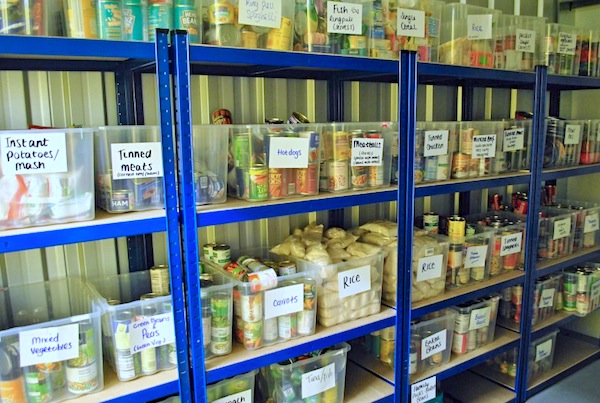Underlying this week’s media mess on the government’s energy policy was a good intentioned pitch by David Cameron to his ‘strivers’: hard-working people who struggle to make ends meet. His speech at last week’s party conference was the launchpad for this new mission, and included the Prime Minister telling members that ‘it’s not enough to know our ideas are right – we’ve got to explain why they are compassionate too’. He knows he has a tough task ahead: polling earlier this month found 28 per cent of voters believe the Conservatives ‘don’t care enough about the very poor and vulnerable’.
Cameron introduced the compassion section of last week’s speech with these words:
‘This party has a heart but we don’t like wearing it on our sleeve. Conservatives think: let’s just get on with the job and help people and not bang on about it. It’s not our style. But there’s a problem with that. It leaves a space for others to twist our ideas and distort who we are: the cartoon Conservatives who don’t care. My mission from the day I became leader was to change that.’
Cameron has indeed been driven by a desire to detoxify his party. But he often seems hamstrung, afraid of looking insincere as a man from his affluent background talking about poverty and hardship. This means he doesn’t give the fluent answers to questions about struggling families that he might wish he did. He is still afraid of wearing his heart on his sleeve.
One story that highlighted this fear far more brightly than the energy row this week was the announcement by food bank network the Trussell Trust that 100,000 people have received help from UK food banks in the last six months. The number of food banks has been growing at a steady and worrying rate since 2008 – which obviously makes it difficult to land all the blame at the feet of the current government – yet the Conservative leader always appears distinctly uncomfortable when asked about them. This is a typical exchange on the matter between the Prime Minister and a Labour backbencher on the issue, at the first Prime Minister’s Questions of this autumn term:
Alison McGovern: Poor Wirral families face the indignity of food banks, and Save the Children is launching its first ever public campaign for British children. What is the Prime Minister doing to help?
Cameron: What we are doing is making sure that we target help on the poorest families in our country, which is what we have done through the tax credit system. At the same time, we should praise all the voluntary and big society efforts to help the poorest families in our country.
To be fair to the Prime Minister, he doesn’t have a great deal of time at PMQs to talk about the complex causes of the rise in food banks. But he could do better than this. His point about the tax credit system is vague and a bit dull. And bringing the Big Society into the answer is unhelpful. Cameron is right that it is amazing that communities are coming together in an illustration of the Big Society to help families in crisis. It would be fine if the Prime Minister talked about the Big Society the whole time in the Chamber, but he doesn’t. This exchange with McGovern is actually only the second time he’s mentioned the concept in the Commons in the past 12 months. Thus it links an idea which voters don’t understand with a failure of the market and of the benefits system as it currently stands (29 per cent of referrals to food banks are as a result of benefits delay); and that makes the Big Society look like a smoke screen for the government giving up on people.
But Cameron doesn’t believe that the government is giving up on people, and it’s strange he doesn’t mention all the reforms that the Coalition has brought in which could alleviate some of the pressures that drive some people to the point where they have no food for their own family. I often wonder whether the Tories’ attitude towards food banks is one of hoping that people won’t notice the problem if they refuse to talk about it. But they should be able to argue that they can see why families are struggling to afford to eat, and that they are doing this, that and the other to try to combat it. Particularly when this problem was already emerging under the previous Labour government.
If nearly a third of food bank referrals are caused by benefit delay, why doesn’t the Prime Minister mention the Universal Credit, which is supposed to be more responsive to claimants’ changing circumstances? If it’s the sharp rise in food prices over the past few years, then why doesn’t he point to the decision to raise the personal tax allowance? Or point to that fuel U-turn in the summer, given petrol prices impact heavily on food prices, too. I suspect that he’s a little wary of bandying the first example about too much, given concerns in Whitehall about universal credit. But if he does believe, as he said in his speech, that ‘the Conservative methods are not just good for the strong and the successful but the best way to help the poor, and the weak, and the vulnerable’, he needs to bang on about real social problems and how his party wants to tackle them a lot more.







Comments